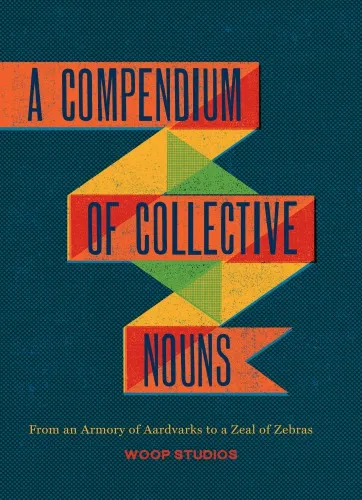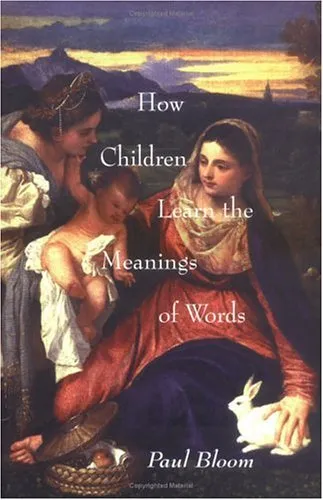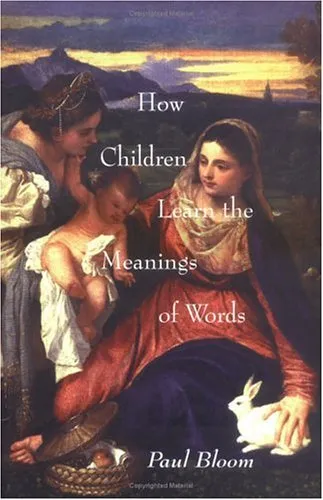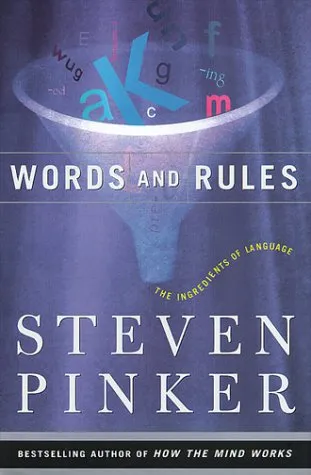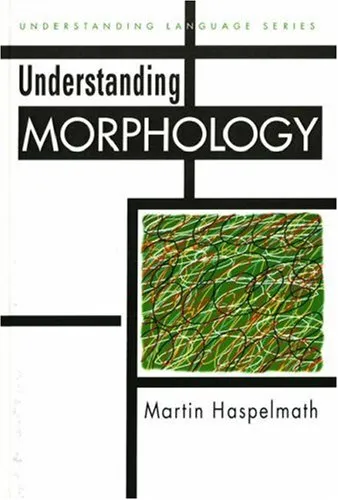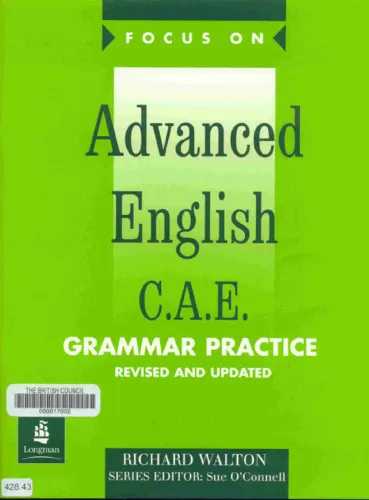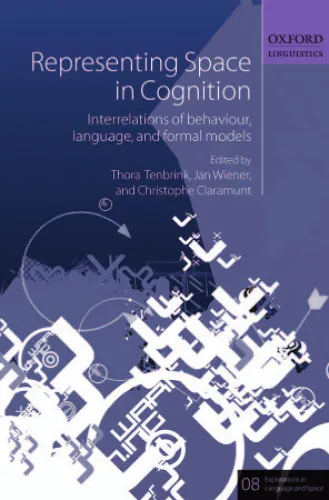A Compendium of Collective Nouns: From an Armory of Aardvarks to a Zeal of Zebras
4.5
Reviews from our users

You Can Ask your questions from this book's AI after Login
Each download or ask from book AI costs 2 points. To earn more free points, please visit the Points Guide Page and complete some valuable actions.Related Refrences:
Introduction
Language is a vast and endlessly fascinating beast, teeming with peculiarities that beg to be explored. One of its most delightful quirks is its use of collective nouns. From a "murder" of crows to a "parliament" of owls, collective nouns spark our imagination and express the beauty of specificity in English.
A Compendium of Collective Nouns: From an Armory of Aardvarks to a Zeal of Zebras is a joyful and clever celebration of language that showcases the wondrous taxonomy of these unique terms. Written with equal doses of wit and scholarship, this book explores the origins, meanings, and sheer creativity behind collective nouns used to describe groups of animals, objects, or people. The delightful journey through these phrases is enhanced by the book's approachable tone and playful spirit, making it a treasure for linguists and curious readers alike.
What can one expect from this book? A mixture of historical anecdotes, whimsical turns of phrase, and stunningly creative terminology that will forever change the way you classify the world. Prepare to be enchanted by the richness of the English language!
Detailed Summary of the Book
At its heart, A Compendium of Collective Nouns is a love letter to the eccentric names we give groups in our language. The book meticulously lists these nouns while also delving into their etymology, cultural significance, and the charm they add to English.
The authors open with animals, starting with terms like "a pride of lions" and "a leap of leopards." They explore not only the well-known phrases but also obscure and seldom-used ones, such as "an armory of aardvarks" and "a romp of otters." As readers move beyond the animal kingdom, they discover equally fascinating collective nouns for people and objects. In every case, the authors present historical context that explains why certain names originated.
Organized alphabetically, the book offers easy navigation through its rich repository of terms. Each entry is accompanied by a clever explanation or anecdote, keeping readers both informed and entertained. Whether it's unraveling why a group of clowns is called "an alley" or why ravens are tied to "an unkindness," the book delivers linguistic gems on every page.
Key Takeaways
- Collective nouns are not merely linguistic oddities; they are cultural artifacts that reflect human creativity and history.
- Many collective nouns stretch far beyond their linguistic purpose and serve to amuse, educate, or inspire us.
- Words evolve over time, and the usage of some collective nouns has shifted significantly after being coined centuries ago.
- Understanding these terms can deepen one’s appreciation for the English language and the civilizations that helped shape it.
- Learning about collective nouns enhances our ability to communicate ideas with precision, specificity, and flair.
Famous Quotes from the Book
"What do aardvarks and armies have in common? Both prepare for an invincible march—a natural one for aardvarks, an organized one for us."
"To call a group of parrots a 'pandemonium' is to reflect their boisterous nature in what might be the most vivid collective noun of all."
"Language is not static; our collective nouns foxtrot through history, carrying tales of whimsy, wisdom, and the joy of human invention."
Why This Book Matters
In a world so often consumed by utilitarian language and pragmatic communication, A Compendium of Collective Nouns serves as a reminder of how vibrant, playful, and imaginative language can truly be.
By highlighting these peculiar phrases, the book fosters a deeper appreciation for the history and creativity embedded in the English language. It’s not just a tool for categorization; it is a gateway into humanity’s relationship with animals, objects, and ourselves. Words like "a scandal of politicians" or "a galaxy of starlets" aren’t merely descriptive—they are deeply illustrative and say much about how we see the world.
For those who love language, trivia, or simply the art of storytelling, this book opens new doors to understanding the structure and history of English. It engages readers with humor, intelligence, and a sense of wonder, ensuring its lasting relevance as both a reference and a delightful read.
Free Direct Download
You Can Download this book after Login
Accessing books through legal platforms and public libraries not only supports the rights of authors and publishers but also contributes to the sustainability of reading culture. Before downloading, please take a moment to consider these options.
Find this book on other platforms:
WorldCat helps you find books in libraries worldwide.
See ratings, reviews, and discussions on Goodreads.
Find and buy rare or used books on AbeBooks.
1397
بازدید4.5
امتیاز0
نظر98%
رضایتReviews:
4.5
Based on 0 users review
Questions & Answers
Ask questions about this book or help others by answering
No questions yet. Be the first to ask!
